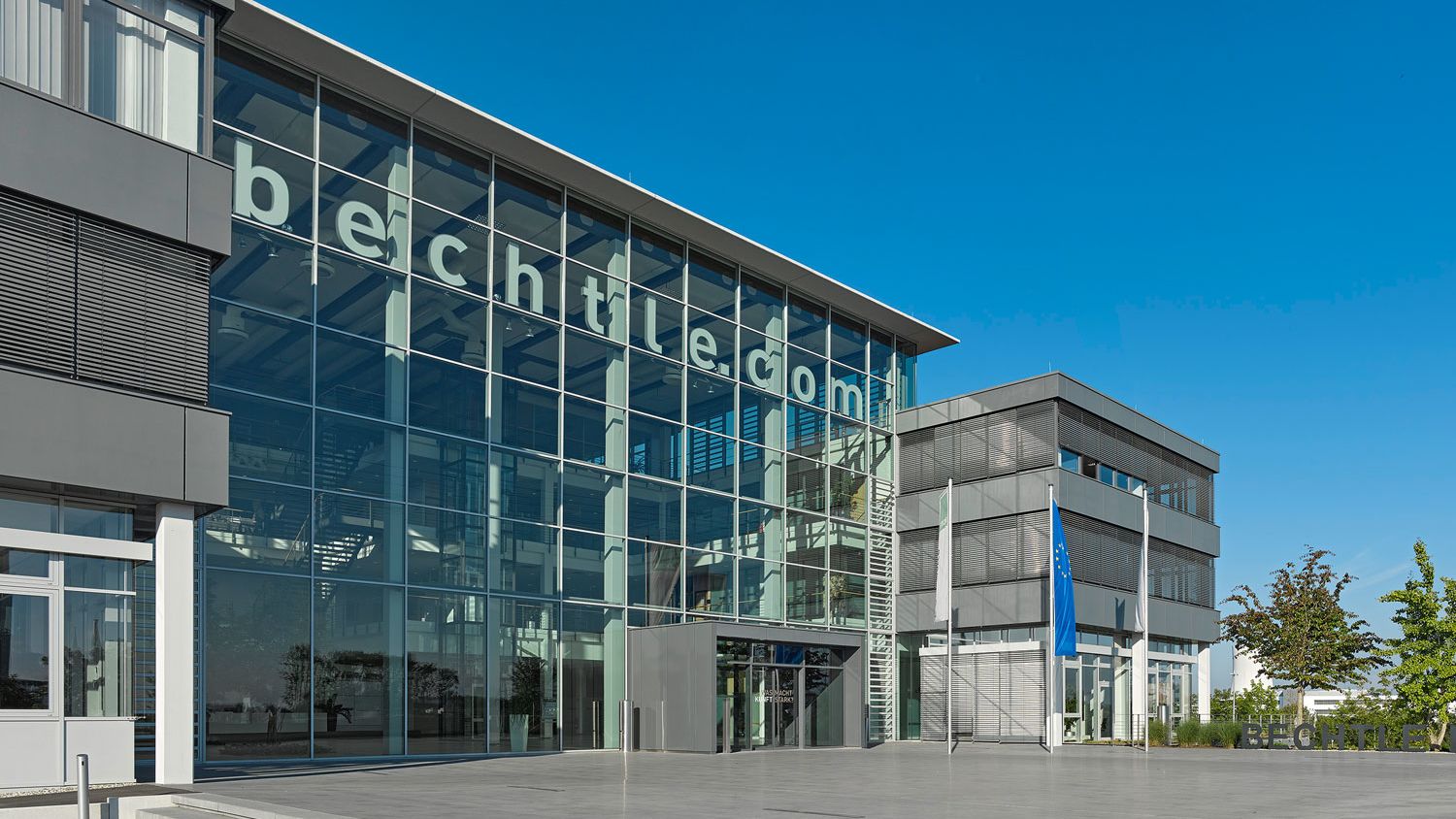Majority of MSPs have relied on COVID-19 state relief
SolarWinds claims 80% of providers were able to continue normal operations and avoid redundancies


A majority of managed service providers (MSPs) were found to have received government financial support during the global COVID-19 pandemic, the latest research from SolarWinds has revealed.
The IT software provider’s ‘COVID-19: Impact and Response’ report, which surveyed 500 MSPs across Europe, North America, Australia and New Zealand, also found that businesses largely managed to retain their staff and adapt their offerings as they navigated their way through the global crisis.
Specifically, 59% of surveyed MSPs were found to have applied for government relief programs, with 74% of those stating that they received the help they needed. In terms of the workforce, 80% of global respondents have managed to continue operating at their pre-pandemic levels without the need to use furlough or redundancy options, SolarWinds said.
In the UK, 55% of MSPs said they were operating at the same staff level, with a larger percentage leveraging the government’s furlough scheme to save jobs in the long-term.
“To see the overwhelming majority of MSPs retain their staff during a time period characterised by uncertainty is truly heartening, especially given the important role MSPs have played in helping businesses digitally transform,” commented Colin Knox, vice president of community at SolarWinds MSP. “The technology industry, and the channel, is resilient but also resourceful, and this crisis has re-enforced the value MSPs bring to businesses.”
The troublesome period has meant MSPs have needed to adapt to the new IT landscape and 59% of managed service-centric businesses said they now offer more security bundles than any other business model due to the increase in remote working.
In terms of prices, 65% said they do not anticipate any price changes in the long term – but 13% did reveal they plan to raise their fees post-pandemic.
Stay up to date with the latest Channel industry news and analysis with our twice-weekly newsletter
To help customers, almost a quarter (24%) have offered delayed payments to help clients, while 23% have introduced temporary discounts. Additionally, 19% have reduced their services to fit shrinking customer budgets, SolarWinds found.
“Without MSPs as an extension of the team — focused on risk mitigation and business continuity — many businesses would have been lost, and wouldn’t have been able to support remote working on such a vast, immediate scale,” Knox added. “The knowledge, expertise, and skillset of MSPs has been crucial in this changing climate.”
Looking ahead to the future, MSPs said they believe the biggest challenges will include securing new customers, social distancing requirements, lower IT budgets and adaptation to remote working.
Over the coming twelve months, 51% said they will increase their security services and 47% plan to increase cloud services sales. Firms operating a managed services business model expect stronger revenue growth than those focused on the break/fix model, SolarWinds revealed.
As businesses look to find new ways to expand, 42% also predicted that growth will come in the form of additional project work, while 39% expect to see an increase in managed service contracts. Additionally, 40% of large MSPs also predict their involvement in a merger or acquisition to facilitate expansion.
Dan is a freelance writer and regular contributor to ChannelPro, covering the latest news stories across the IT, technology, and channel landscapes. Topics regularly cover cloud technologies, cyber security, software and operating system guides, and the latest mergers and acquisitions.
A journalism graduate from Leeds Beckett University, he combines a passion for the written word with a keen interest in the latest technology and its influence in an increasingly connected world.
He started writing for ChannelPro back in 2016, focusing on a mixture of news and technology guides, before becoming a regular contributor to ITPro. Elsewhere, he has previously written news and features across a range of other topics, including sport, music, and general news.
-
 Trump's AI executive order could leave US in a 'regulatory vacuum'
Trump's AI executive order could leave US in a 'regulatory vacuum'News Citing a "patchwork of 50 different regulatory regimes" and "ideological bias", President Trump wants rules to be set at a federal level
-
 TPUs: Google's home advantage
TPUs: Google's home advantageITPro Podcast How does TPU v7 stack up against Nvidia's latest chips – and can Google scale AI using only its own supply?
-
 Accenture expands cloud transformation capabilities with Objectivity acquisition
Accenture expands cloud transformation capabilities with Objectivity acquisitionNews The platform engineering MSP will help Accenture’s European customers leverage “more open and adaptable platform models and services”
-
 Pax8 names SaaS veteran David Powell as new sales strategy chief
Pax8 names SaaS veteran David Powell as new sales strategy chiefNews The former Evo Security executive will work with MSPs to help strengthen their cyber security offerings
-
 Bechtle snaps up Tangible Benefit to expand UK market presence
Bechtle snaps up Tangible Benefit to expand UK market presenceNews German reseller announces its second UK buy in four months as it steams ahead with its international acquisition strategy
-
 Babble acquires award-winning Microsoft CSP TechQuarters
Babble acquires award-winning Microsoft CSP TechQuartersNews Cloud communications provider fends off competition from 20 other bidders to bolster its Microsoft capabilities
-
 Trustmarque hires NTT Data’s UK lead as its new CEO
Trustmarque hires NTT Data’s UK lead as its new CEONews Simon Williams will lead the IT solutions and services provider into its next phase of growth
-
 Wavenet set to acquire AdEPT for £50.3 million
Wavenet set to acquire AdEPT for £50.3 millionNews The combined business will become one of the UK’s largest managed service providers with revenues exceeding £200 million
-
 TD Synnex launches free security self-assessments for VMware partners
TD Synnex launches free security self-assessments for VMware partnersNews Partners can now offer clients three specially-designed surveys, worth tens of thousands, to help drive new business potential
-
 Node4 appoints Hannah Birch as managing director for digital services
Node4 appoints Hannah Birch as managing director for digital servicesNews Former Ensono and Accenture boss will work to strengthen the MSP’s partnership with Microsoft
